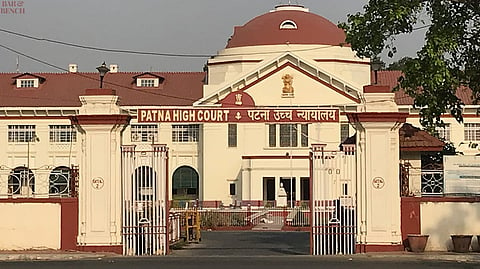
- News
- Columns
- Interviews
- Law Firms
- Apprentice Lawyer
- Legal Jobs
- हिंदी
- ಕನ್ನಡ

A trial court quoting Sanskrit shlokas and gazals of late Jagjit Singh while convicting a person under the Protection of Children from Sexual Offences Act (POCSO) did not go down well with the Patna High Court.